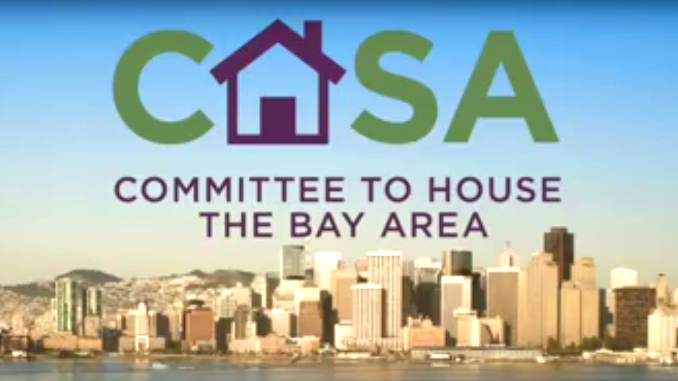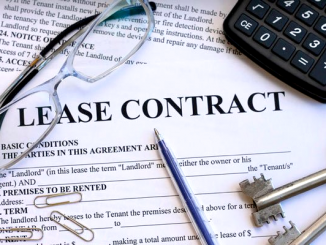
BY EMILY MIBACH
Daily Post Staff Writer
A group of officials from the nine-county Bay Area have signed off on a plan to start a regional agency to build housing and lobby the state Legislature to help with the area’s housing crisis. One of the new agency’s goals is residential rent control.
The Association of Bay Area Governments (ABAG) board voted well after midnight on Friday (Jan. 18) morning to endorse the new agency called the Committee to House the Bay Area, or CASA.
The board approved the 10-point “compact” that outlines the agency’s efforts 21-9.
Of the six Peninsula representatives who voted Friday on CASA, only San Mateo County Supervisor Dave Pine and Millbrae Councilman Wayne Lee voted no. San Mateo County Supervisor David Canepa was absent. Those who were against the plan, including Lee, voiced concerns about taking away local control from cities and counties with the proposed legislation, which calls for imposing “rent caps,” or rent control, and encouraging housing to be built.
The cap would be 5% plus the Bay Area consumer price index, or CPI. Currently, the CPI is 4.3%. This would limit landlords to raising the rent by no more than 9.3% a year.
Santa Clara County Supervisors Dave Cortese and Cindy Chavez, East Palo Alto Councilman Carlos Romero and Mountain View Councilman Chris Clark all voted for the plan.
Proponents of the plan say that this is the area’s attempt to get in front of possible similar legislation that may be proposed in Sacramento. Clark said yesterday that while some members of ABAG had reservations about the proposal, they felt that if they did not sign on to the compact, MTC would go on lobbying it without them.
Monitoring lobbying efforts
However, Chavez presented a set of caveats to the plan, most of which were accepted, Clark said. One of the caveats that was proposed was to create a committee of local elected officials to monitor the lobbying efforts of ABAG and the Metropolitan Transportation Commission (MTC), which worked with ABAG to create CASA. MTC voted 14-3 on Dec. 19 to support CASA.
Chavez also requested more specificity about “renter protections” and the creation of low-income housing. In order to reach its goals, CASA would need about $1.5 billion a year. The compact includes
funding measures such as a one-fourth-cent sales tax, bond measures, new fees for developers and even a tax on homes that are vacant.




“The cap would be 5% plus the Bay Area consumer price index, or CPI. Currently, the CPI is 4.3%. This would limit landlords to raising the rent by no more than 9.3% a year.” A nearly 10% increase in your rent is a huge amount to pay every month especially when your salary doesn’t go up any where near that rate. This idea of CPI+5% is recipe for displacement. The average increase of rents throughout the Bay Area is 3%. Landlords who raise rents by nearly 10% are looking to get rid of tenants. This no tenant protection.